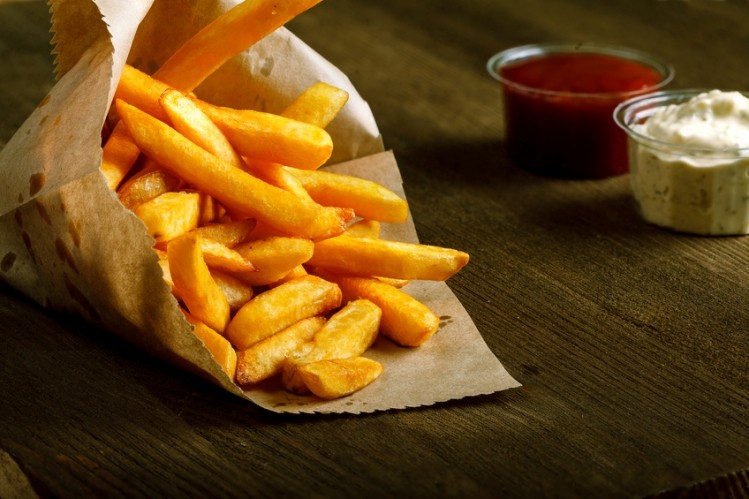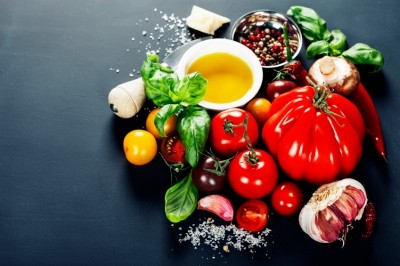Which frying oil is best for more nutrients and less acrylamide?

Whether the frying oil being used by manufacturers is ‘fresh’, or has been previously re-used and re-heated, impacts not only on the qualities of the oil itself, but also the nutrients within the potatoes – something that previous research has failed to hone in on, according to a group of Portuguese and Spanish scientists.
They therefore wanted to quantify the impact of a prolonged frying life on potato nutrients, taste and appearance, and how this differed depending on which monounsaturated-rich oil was used – extra virgin olive oil, canola or peanut oil.
Publishing their findings in the journal Food Chemistry, they noted differences between each oil for various nutrients but using fresher oil was generally associated with greater nutrient preservation. Fresh oil was also best at reducing acrylamide, regardless of oil type.
In order to replicate conditions used for commercial frying, the scientists heated the oils for eight hours a day and then left them to cool for 16 hours, with frying cycles every 30 minutes. Potatoes were cut into chips (1 × 1 × 4 cm) and fried for six minutes each time.
Potatoes that were fried in the fresh batch of oil (the first eight hours) and the last batch (at 28 hours) absorbed similar amounts of oil, regardless of the oil.
Nutrients
Vitamin C was significantly reduced with frying time across all three oils, from around 60% of the recommended daily amount at 8 h to only 20%, per 100 g potatoes.
They found that the 31 mg of vitamin C (ascorbic acid) naturally present in 100 g of fresh potatoes was “drastically reduced” by longer frying time for all three oils.
Extra virgin olive oil was better at preserving vitamin E (tocochromanols) while peanut oil and canola oil performed well for preserving the phenolic compounds present within potatoes.
Extra virgin olive oil, however, actually enriched the potatoes with its own phenols and, even though these degrade with frying time, the oil continued to enrich the potatoes even after 28 hours of fry-time, although to a lesser extent.
From a nutritional point of view, canola oil was more balanced, with “interesting amounts” of essential fatty acids and vitamin E, which remained “superior” during all the frying sessions, the authors write.
Acting on acrylamide
Potatoes fried in the first batch of oil had similar acrylamide levels regardless of oil type, and these were also the lowest levels recorded.
The highest acrylamide levels were observed with fried potatoes at 16 h in peanut oil, closely followed by canola oil at 16 h and 28 h or extra virgin olive oil at 24 h.
“Globally, a high variability was observed in acrylamide amounts, without an association with oil type, but with an apparent increase with frying hours, particularly for extra virgin olive oil and canola oil.”
Overall, acrylamide content ranged from 62 to 125 µg/100 g which is close to indicative acrylamide values for ready-to-eat French fries (60 µg/100 g), and potato crisps (100 µg/100 g), they noted.
Twelve individuals, both male and female aged between 23 and 55 years old, sat on the sensory panel and evaluated each sample for taste and texture. They noted no marked differences in taste between the oils, although increased frying time (and consequent oil degradation) induced “perceptible changes” in colour intensity and homogeneity, crispiness and smell.
Source: Food Chemistry
“Fried potatoes: Impact of prolonged frying in monounsaturated oils”
Published online ahead of print, Vol. 243, 15 March 2018, doi.org/10.1016/j.foodchem.2017.09.117
Authors: Carla S., P. Santosa, Lucía Molina-Garcia, Sara C. Cunha, Susana Casal.












